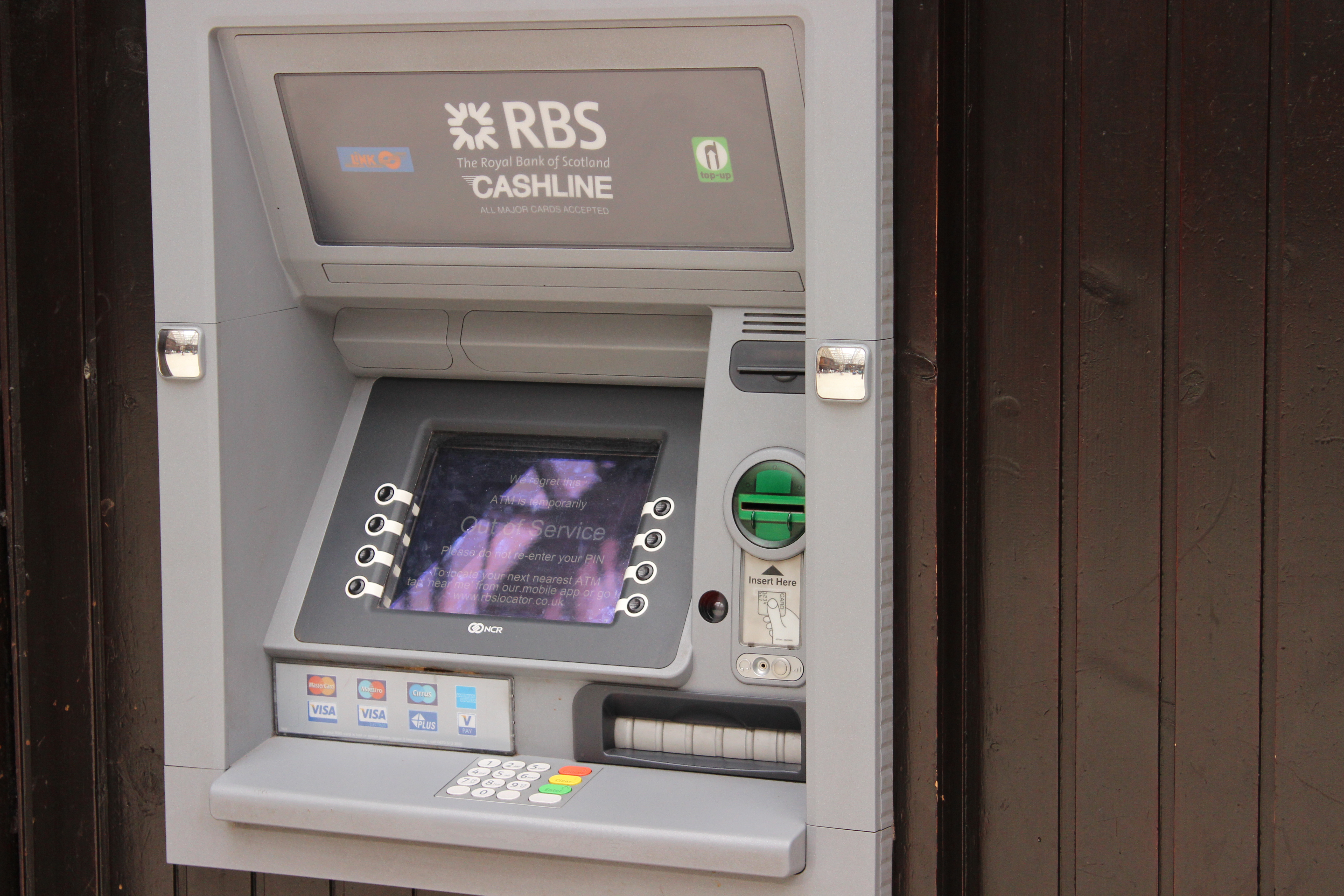Millions of us are facing financial issues that we thought impossible just a couple of weeks ago. Jobs have been lost, work has disappeared, but the bills still need to be paid. At times like this it’s more important than ever that we keep a handle on the way we’re spending our money.
Here are ten top tips to help you keep an eye on your money if you’re waiting on cash from your employer or HMRC or your bank while work has been affected during the coronavirus crisis.
1. Keep an accurate note of how much you spend. The vast majority of this spending will be online at the moment, apart from anything you spend if you do go out for any essential shopping. Only by doing this will you be able to calculate how much your day to day living is costing you.
2. Try to pay as many bills as you can by direct debit. Apart from the fact that you might get a discount for paying this way, if you arrange for bills to be dealt with as soon after you get paid as possible then you will know how much money you have left for the rest of the month
3. Keep a spreadsheet showing your monthly income and expenditure. Spread as many bills as you can over the year so that you don’t have big bulges in some months when your expenses increase dramatically. Don’t forget to add in the things that you only pay once a year like your TV License or your house insurance.
4. If your borrowing requirements are likely to be longer term, then a personal loan might be a better option than an overdraft. Shop around before settling on the loan that offers not only the lowest interest rate but also flexible terms should you find that you are able to repay the debt earlier than you originally intended.
5. Don’t rush into buying something just because you want it today. We’ll all have much more time on our hands over the coming weeks at home and there will be a temptation for some to go online and spend money. Don’t!
6. If things get tight remember that you have to prioritise your debts. If you don’t pay your mortgage you could lose your house, if your electricity remains unpaid you may have it cut off. If you can’t afford to pay everything at one time then you need to make a list of the most important debts.
7. Make sure you speak to your creditors if you are not going to pay bills. There is nothing they like less than debt being built up without being informed. It’s not easy but there should be no stigma to owing money and it is really important that you are up front and honest. Go to them and tell them you have a problem, why you have it, and make a proposal to pay what you can when you can.
8. Remember that if your outgoings exceed your incomings you do have a choice. Most people would look at ways to lower outgoings by trying to spend less. But you could, instead, look at ways of increasing your income, perhaps by looking for a better rate of interest on savings. If you do have cash lying about in a current account then move it to an account that pays interest. And perhaps now is the time to clear out all of the stuff lying about your house that you don’t need or use any more. You never know how much you might make from selling it until you try.
9. Here’s the most important tip. A budget is not all about telling you to stop spending money. It’s not supposed to be negative. Just the opposite in fact. It’s all about helping you to spend more money effectively and in areas that you want to spend it, rather than wasting it on high interest charges on loans and credit cards and bank charges. Use it as a positive tool to help you control your money rather than allowing your money to control you!
10. Cancel any direct debits for things that you are not going to use while you are stuck in the house. Gym membership, Sky Sports if there are no sports being shown, and season tickets for the train or bus are just a few examples of money that you could save.
A version of this appeared in The Daily Record on 27th March 2020.



